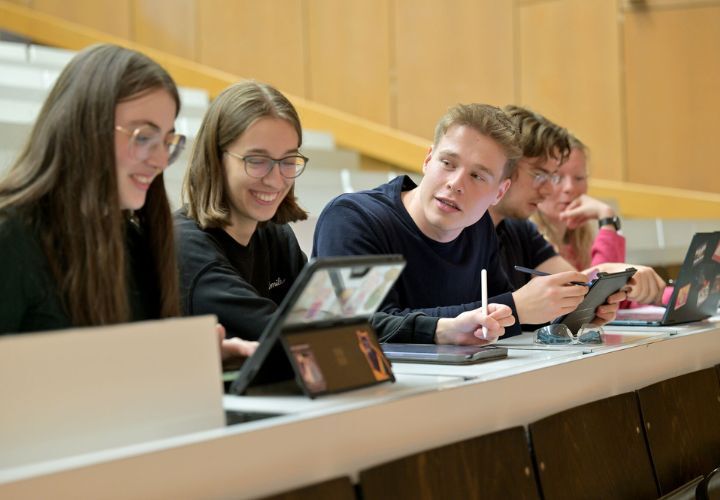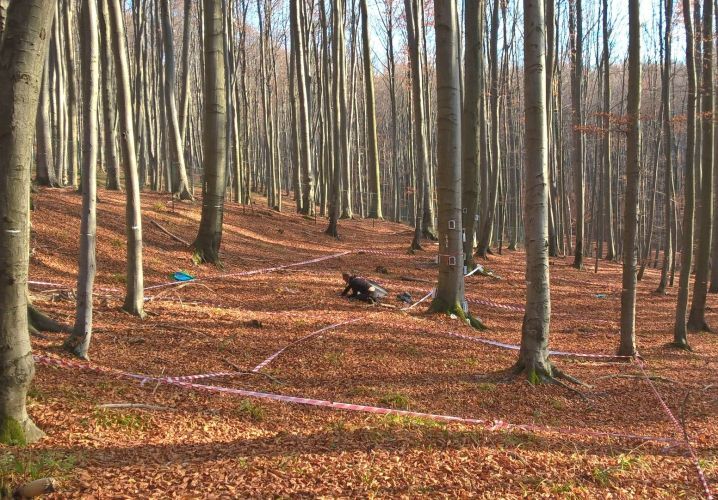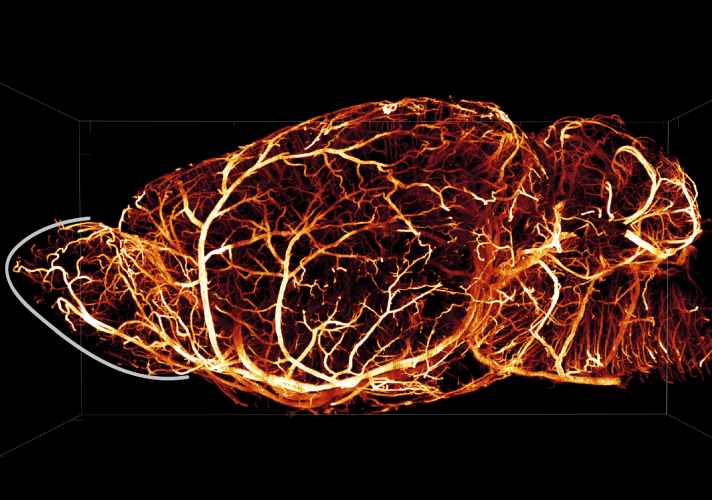The University of Göttingen is an internationally renowned research university. Founded in 1737 in the Age of Enlightenment, the University is committed to the values of social responsibility of science, democracy, tolerance and justice. It offers a comprehensive range of subjects across 13 faculties: in the natural sciences, humanities, social sciences and medicine. With about 28,000 students and more than 210 degree programmes, the University is one of the largest in Germany.
New press releases

Good marks for academic subjects!
In the current subject ranking by Times Higher Education (THE), Göttingen University is among the top ten in Germany in four major subject areas and appears twice in the top 100 worldwide. The University was placed fourth in Germany in the Life Sciences and 60th worldwide. It was placed sixth in Germany in the Physical Sciences. It also appeared in the top ten rankings in Germany in Law and in the subject area of the Arts and Humanities.
more…
Restoring the web of life in farmland
Dr Elena Velado-Alonso at the University of Göttingen has been awarded a Marie Skłodowska-Curie Actions (MSCA) Postdoctoral Fellowship. The new project will investigate how environmental schemes can better sustain the web of life in farmland: pollinator communities and the interactions that underpin plant reproduction and crop yields. The project, called METAGROLAND, will develop tools to guide the design of more effective, large-scale schemes and build more resilient agricultural ecosystems.
more…
Forest soils increasingly extract methane from atmosphere
Forest soils have an important role in protecting our climate: they remove large quantities of methane – a powerful greenhouse gas – from our atmosphere. Researchers evaluated the world's most comprehensive data set on methane uptake by forest soils. Based on measurements taken at 13 forest plots in south-western Germany over periods of up to 24 years, they discovered that under certain climate conditions, their capacity to absorb methane actually increases.
more…
Farmers’ voices in European protests
Farmers’ protests that swept across Europe in 2024 were driven by a wide range of concerns that differ markedly between countries, according to a new study. Based on survey responses from more than 2,200 farmers in Germany, France, Belgium, and the Netherlands, it finds that farmers’ motivations go far beyond commonly cited issues such as environmental regulations. Instead, complaints range from bureaucracy and low incomes to political dissatisfaction and uncertainty about the future of farming.
more…
Cosmic rays reveal hidden history of Australia’s ancient landscapes
Australia’s iconic red landscapes have preserved a remarkable record of Earth’s surface evolution – one that can now be read using cosmic rays from outer space. An international research team has demonstrated a new method to reconstruct how ancient landscapes eroded and sediments moved across continents millions of years ago. By measuring tiny amounts of gas produced by cosmic rays inside grains of sand, the researchers were able to quantify erosion rates and sediment transport times.
more…
Faster, clearer, deeper 3D imaging
Light sheet microscopy produces impressive 3D images of tissue and entire organs. A thin layer of light, the light sheet, moves through the sample and generates a 3D image layer by layer. However, larger samples create problems for conventional microscopes: the process is slow and the images blurred. This led researchers to develop a technologically innovative light sheet fluorescence microscopy platform that improves imaging and opens up new opportunities for research and medicine.
more…




















